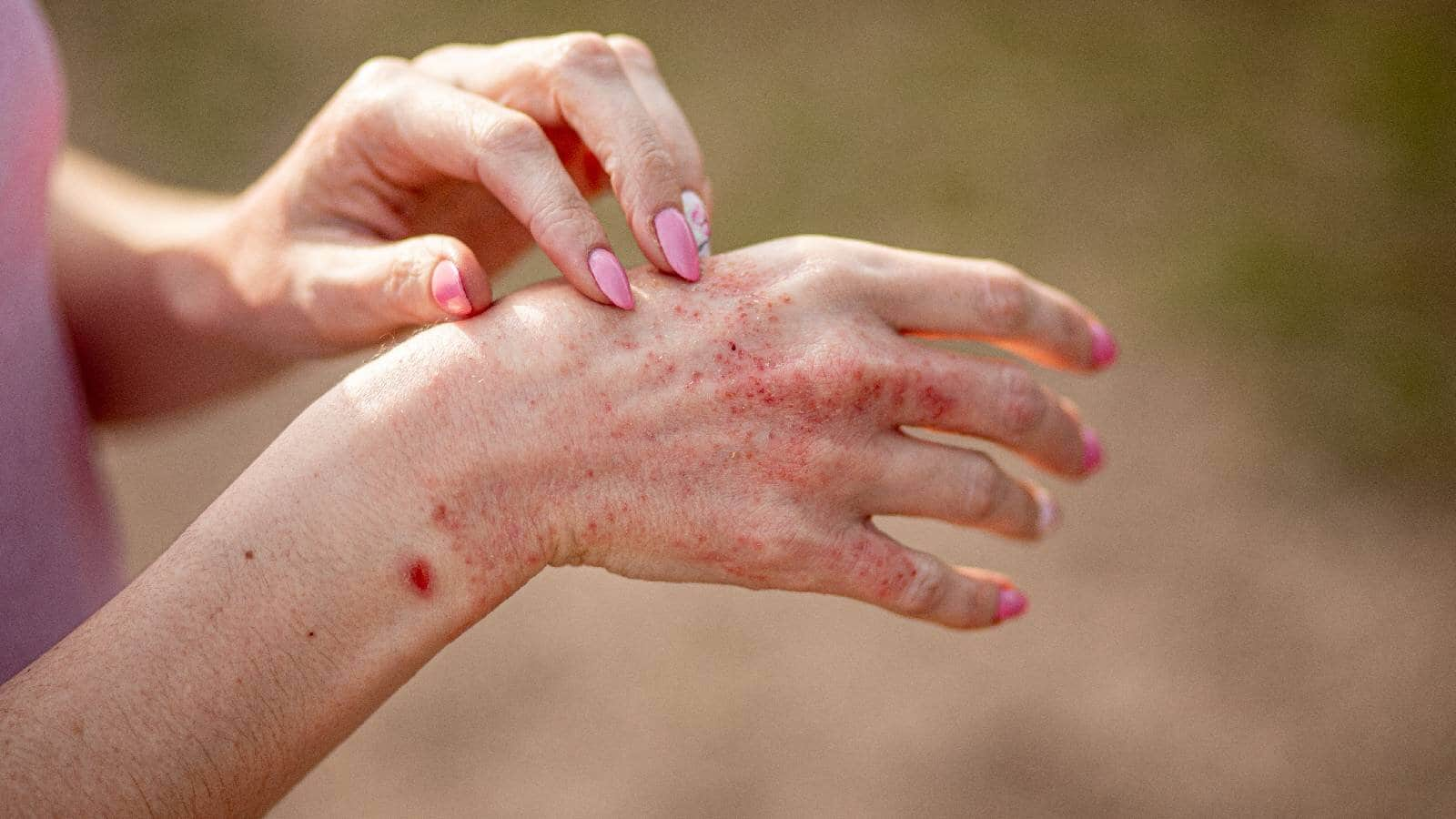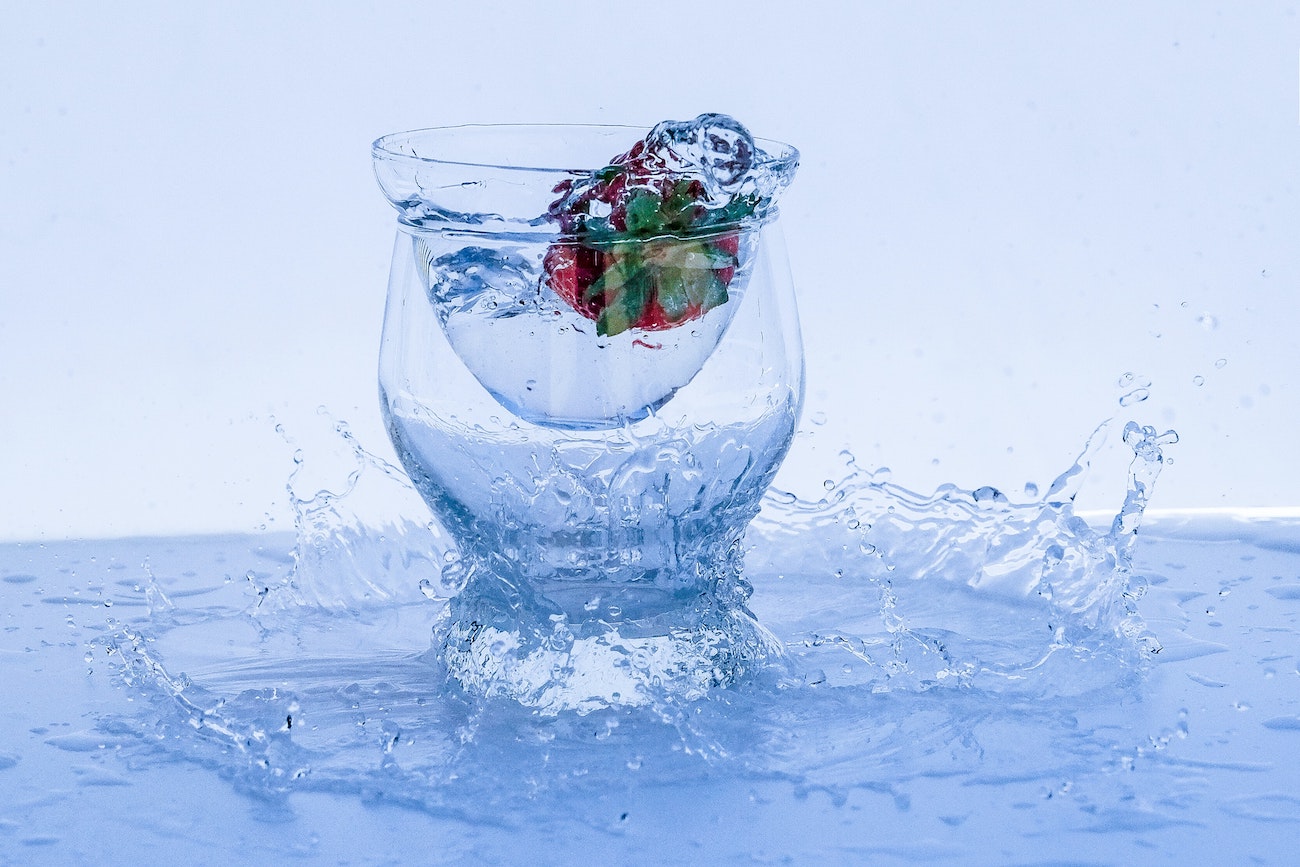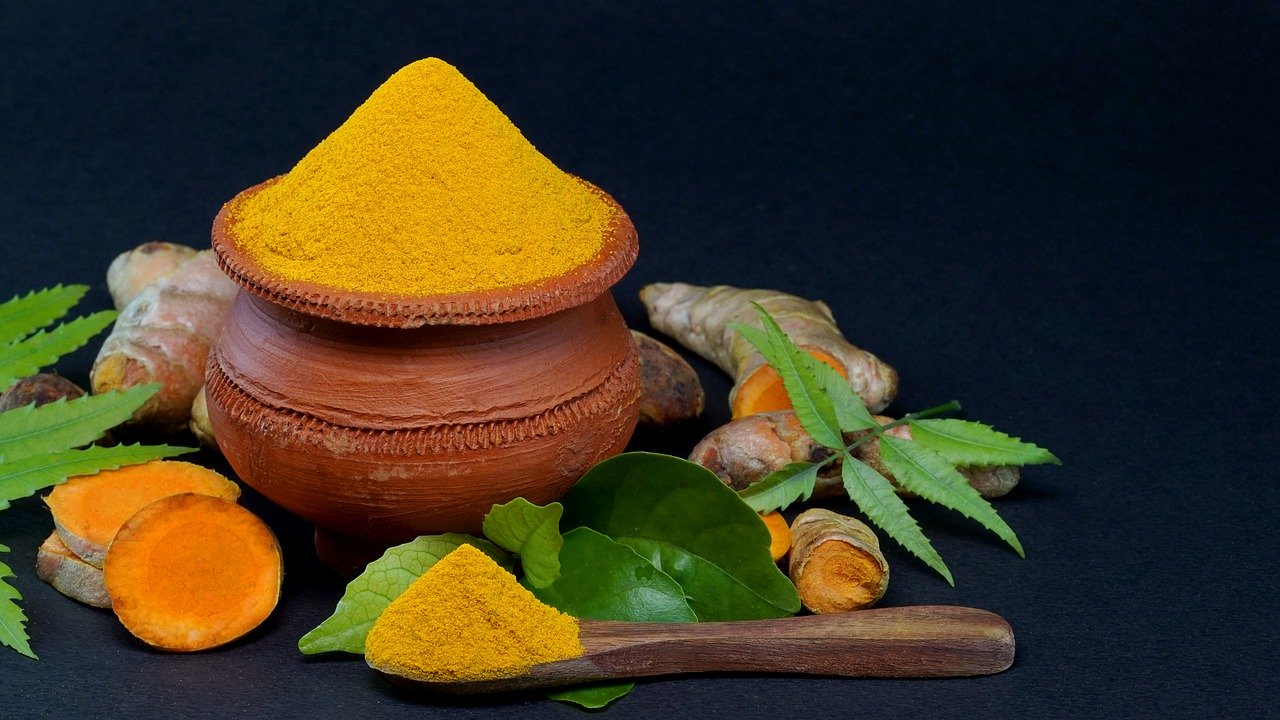Have you ever wondered if there is a link between diet and your skin? Could the food you are eating be contributing to dry, flaky, red, sore, pimply, rashy skin?
Absolutely, and from our clinical experience, if you change the diet, you can often change the skin condition.
Symptoms
Dermatitis is the general term for any sign of inflammation of the skin.
There are many types of dermatitis such as atopic dermatitis (eczema), contact dermatitis, diaper dermatitis (nappy rash), dyshidrotic dermatitis, neurodermatitis, nummular dermatitis, perioral dermatitis, stasis dermatitis, and seborrheic dermatitis (dandruff).
General symptoms include a red rash on dry skin, accompanied by itchiness. Dermatitis is not contagious.
Atopic dermatitis (eczema) is a chronic condition that makes your skin red and itchy. It is common among children, but can still develop among adults. The flare can occur periodically, and sometimes be accompanied by asthma or hay fever. Small, and itchy blisters can form on some areas of the skin, then crust when scratched. Scratching the irritated parts of the skin should be avoided, as it can result in sensitive, swollen, and cracked skin, or even infections.
Contact dermatitis presents as a red rash with itchy blisters. The affected areas can also be swollen, burning.
Causes
Anyone can get dermatitis; all it needs is skin to substance contact.
For atopic dermatitis (eczema), conditions that make the skin dry can make it more vulnerable to irritants or infections. Eczema also runs in families. Common external irritants include soaps, detergents, wool, low humidity, heat, sweating, dust mites, pollen, molds, foods, or even emotional stress.
For contact dermatitis, it is most commonly caused by an external irritant that resulted to a damaged outer protective layer of the skin. Some people can react differently to irritants. A single exposure can cause dermatitis to develop, but some can also take repeated exposure to the irritant before symptoms appear. Common irritants are, but not limited to, solvents, rubbing alcohol, bleach, detergents, certain shampoos, sawdust, wool dust, plants, fertilizers, and pesticides.
For allergic contact dermatitis, certain allergens cause an immune system reaction. Externally, affected areas are usually limited on the point of contact with the allergen, but some allergens can also be ingested from food, flavorings, medicine, or medical and dental procedures. Common allergens include nickel, medications (such as antibiotic creams, and oral antihistamines), formaldehyde (commonly found in preservatives, disinfectants, and clothes), personal care products, plants (such as poison ivy, and mangoes), and sunscreens. Some allergens will need several exposures to trigger an allergy, but once an allergy has been developed, even a trace amount of said allergen can cause a reaction.
Lifestyle Changes
For atopic dermatitis (eczema), moisturising the skin at least twice a day with creams, ointments, or lotions can seal the moisture in, avoiding dry and cracked skin.
Bathing – taking shorter 10 to 15-minute baths with warm instead of hot water, will avoid irritating the affected areas of the skin. Upon drying, gently pat yourself dry with a towel, and apply moisturiser while still damp. Clinically we recommend using ‘soaps’ and moisturisers from this company can improve the skin immensely. https://www.paleoskincare.com.au/ Our recommendation is to use the blue line range.
Triggers vary greatly from person to person, and these can include sweat, certain soaps, dust, or pollen. They can vary from one person to another, and taking note of your personal triggers will help lessen the likelihood of developing flares. Once you have identified your personal trigger, these can be avoided.
Many people with dermatitis (eczema) have food intolerances as well. According to the research the food intolerances may or may not be a trigger. Again, keeping a food/symptom diary is a great way to track this issue.
Diet Improvements
As dermatitis is an inflammatory disease, an anti-inflammatory plant-based diet is highly recommended. Research shows that using foods rich in omega-3 fatty acids, as they are an integral part of cell membranes, can be extremely beneficial. These fatty acids initiate the creation of a hormone that helps to regulate blood clotting, artery wall contraction and relaxation along with inflammation.
Omega-3 fatty acids are found in foods such as nuts and seeds especially walnuts, flaxseeds, leafy vegetables, coconut and avocados.
From the Flourish range of products, we suggest doing the 21-Day Cleanse program. This helps to reset the gut lining, gut microbiome, reduce inflammation and rebalance the immune system. From our clinical experience, going whole food, plant-based, gluten free, oil free and dairy free makes a significant difference for those with skin disorders.
Miscellaneous
Individuals with celiac disease are prone to dermatitis herpetiformis.
Children born from older women are more likely to develop eczema. They are not sure the reason for this, but it appears to be significantly significant. One reason, we at Flourish, believe that if you are an older woman who is pregnant, staying away from foods that can cause leaky gut, or a dysbiotic gut, during pregnancy is imperative.
Below is a table of potential nutrient deficiencies that can cause issues for the skin.











